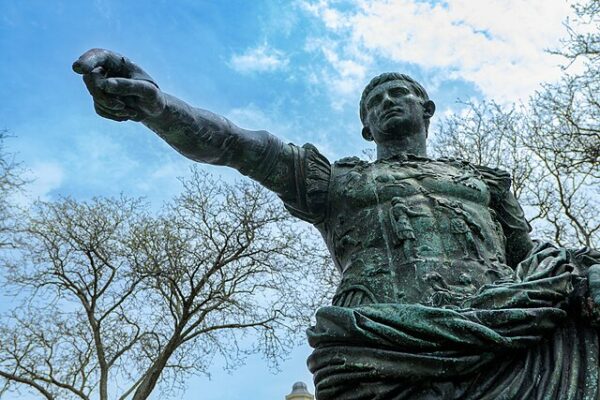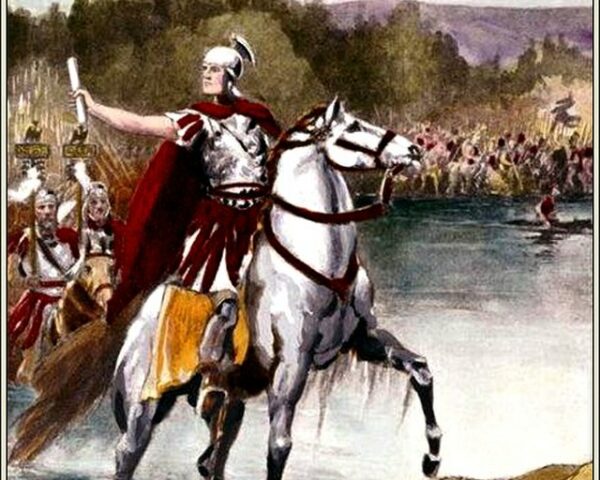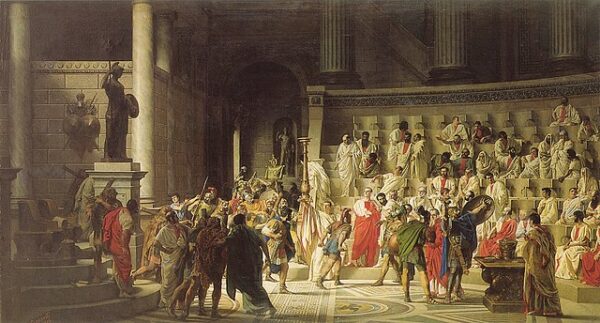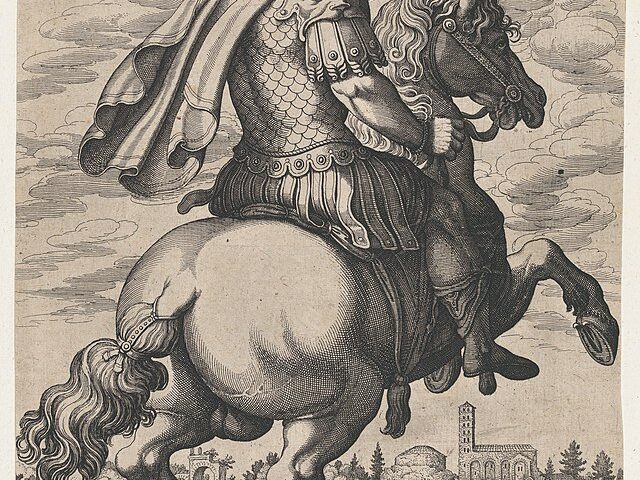On September 23, 63 BCE, Gaius Octavius Thurinus was born in Rome, destined to become one of the most influential figures in history—Emperor Augustus. His birth marked the dawn of a new era for the Roman Republic, which would eventually transition into the Roman Empire under his leadership. Augustus, born into a relatively wealthy equestrian family, was the great-nephew and eventual heir of Julius Caesar. His rise to power and the lasting legacy he left would reshape the ancient world, with reverberations still felt in modern history.
The Early Life of Augustus
Gaius Octavius was born into a prominent but not elite family. His father, also named Gaius Octavius, had served as a Roman senator and governor of Macedonia. His mother, Atia Balba Caesonia, was the niece of Julius Caesar, which would later become a critical factor in his path to power. Although Octavius was not initially raised with the expectation of becoming a political leader, his family connections placed him in the heart of Roman politics.
At the time of his birth, the Roman Republic was in a state of significant turmoil. The internal struggles between the populares and optimates—two political factions representing different approaches to governance—threatened the stability of Rome. Civil wars, political assassinations, and growing unrest marked this period, and Julius Caesar was gaining prominence as a key figure in this struggle for power.
Julius Caesar’s Influence and Octavius’ Rise
Though young Octavius did not immediately take center stage in Roman politics, his life changed dramatically when Julius Caesar, his great-uncle, adopted him as his son and heir in his will. Caesar’s assassination in 44 BCE, a year after Octavius had started his formal education in Apollonia, Greece, set the stage for Octavius to emerge as a key political player. Despite his youth—he was only 19 years old—Octavius immediately took up the challenge of securing his inheritance and cementing his place in Roman politics.
The young man showed remarkable political acumen, forging alliances and using his family name to gain the loyalty of Caesar’s legions. He initially formed an uneasy alliance with Mark Antony and Marcus Aemilius Lepidus, creating the Second Triumvirate to defeat Caesar’s assassins, including Brutus and Cassius. Following their victory, however, Octavius and Antony began to compete for control of Rome, which culminated in the famous Battle of Actium in 31 BCE, where Octavius decisively defeated Antony and Cleopatra.
The Founding of the Roman Empire
With Antony’s defeat and suicide, Octavius stood as the unchallenged ruler of Rome. He gradually consolidated power, though he did so carefully, portraying himself not as a dictator, but as a restorer of the Republic’s traditions. In 27 BCE, the Roman Senate granted him the title “Augustus,” meaning “the revered one,” marking the beginning of his reign as Rome’s first emperor. The birth of the Roman Empire ushered in a period of relative peace and prosperity known as the Pax Romana, which would last for over two centuries.
Under Augustus, Rome underwent significant administrative reforms, military expansion, and cultural revival. His reign saw the consolidation of imperial power, the creation of a professional standing army, and a flourishing of Roman literature and architecture. The Augustan Age is often considered a golden age of Roman culture, with writers like Virgil, Horace, and Ovid producing works that are still studied today.
Augustus’ Legacy
The birth of Augustus on September 23, 63 BCE, was a pivotal moment in Roman history. From relatively humble beginnings, he rose to become Rome’s first emperor, guiding the transformation of the Roman Republic into a vast and enduring empire. His reign not only stabilized a war-torn republic but also laid the foundations for centuries of Roman dominance.
Augustus’ legacy as a skilled ruler, shrewd politician, and cultural patron has left an indelible mark on history. His birth and subsequent rise to power would forever change the course of Western civilization, cementing his place as one of the most significant figures of the ancient world.






